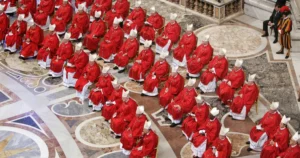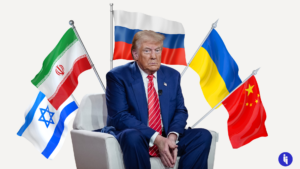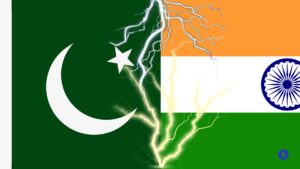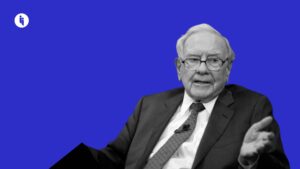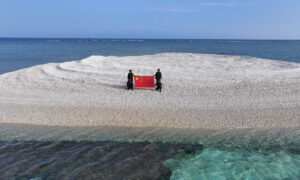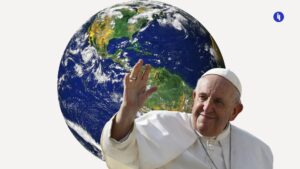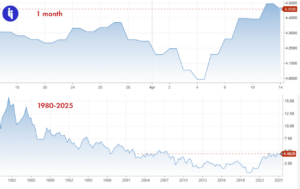Argentines headed to the polls yesterday (Sunday) to pick candidates for October’s presidential election. The shock result saw firebrand third-party candidate Javier Milei trump the country’s two main parties.
Argentina’s electoral system is a little different:
- 🧑🤝🧑 More than 20 candidates competed in yesterday’s open primary
- 🚧 Each needed to win 1.5% of the vote to qualify for October, and
- 📜 Voting is compulsory for most adults (even in an open primary).
Most candidates never clear the initial 1.5% bar, so the focus has centred on:
Stay on top of your world from inside your inbox.
Subscribe for free today and receive way much more insights.
Trusted by 127,000+ subscribers
No spam. No noise. Unsubscribe any time.
- Patricia Bullrich (67): a former security minister from the right-leaning and pro-business opposition
- Sergio Massa (51): the left-leaning government’s current economy minister presiding over a crisis that’s left 40% of folks in poverty, and
- Javier Milei (52): a libertarian economist, congressman, and brash third-party figure riding a wave of major party discontent.
So what happened? With 90% of the vote counted:
- Milei (the wildcard) is on top with 30.5%
- Bullrich’s pro-business opposition bloc got 28% combined, and
- Voters delivered a rebuke to Massa’s ruling Peronists, who won 27%.
Intrigue’s take: We’ve been tracking Milei for a while now: he’s performed well in polling, has electrified parts of Argentina’s weary electorate, and has injected unorthodox policies (plus tremendous sideburns) into the race.
But most only expected him to win 20-25% of the vote. So with a thumping win and unusual platform (‘dollarizing’ the economy, abolishing entire ministries), we may now see spooked investors sell Argentine assets globally.
Then as the general election approaches in October, there’ll be pressure on Milei to paint a clearer picture of how he’ll address Argentina’s problems if he wins. Given the sheer scale of those problems (116% inflation, negative reserves, a likely recession), there are no easy fixes.
Also worth noting:
- Turnout was relatively low for Argentina (below 70%).
- The race has largely focused on domestic rather than foreign policy.
- Current President Alberto Fernández opted not to seek re-election.
- Argentina has one of the world’s highest cryptocurrency adoption rates, as savers seek to hedge against inflation and devaluation.

